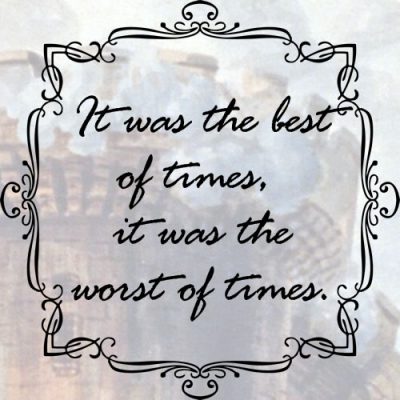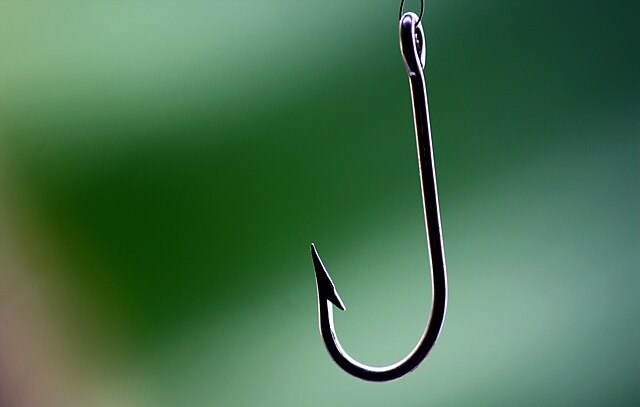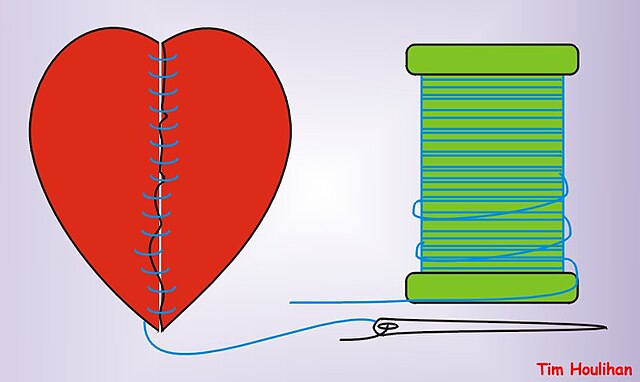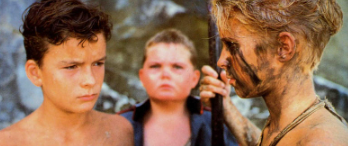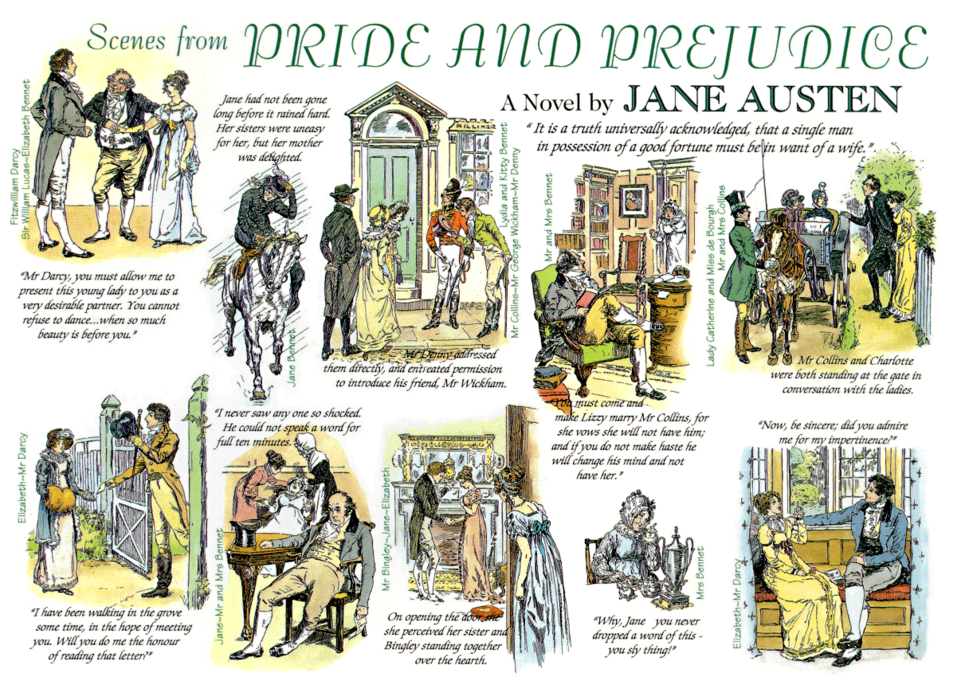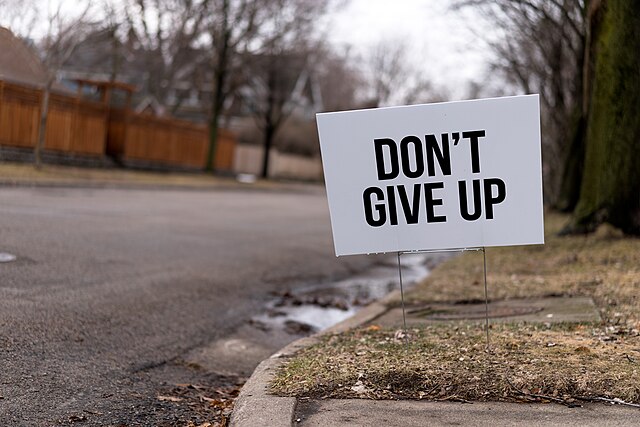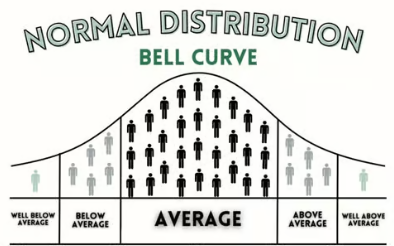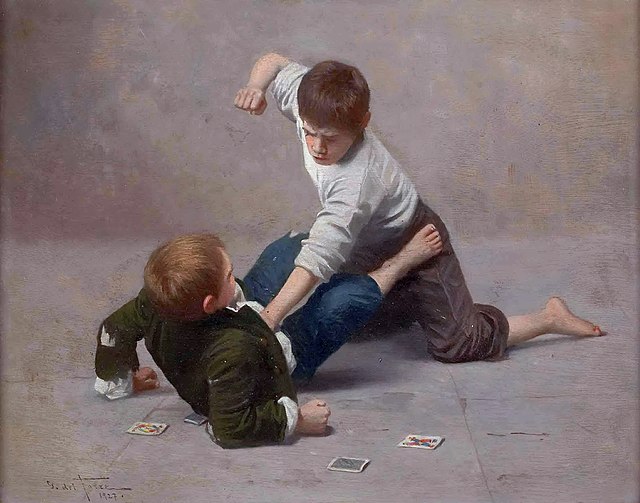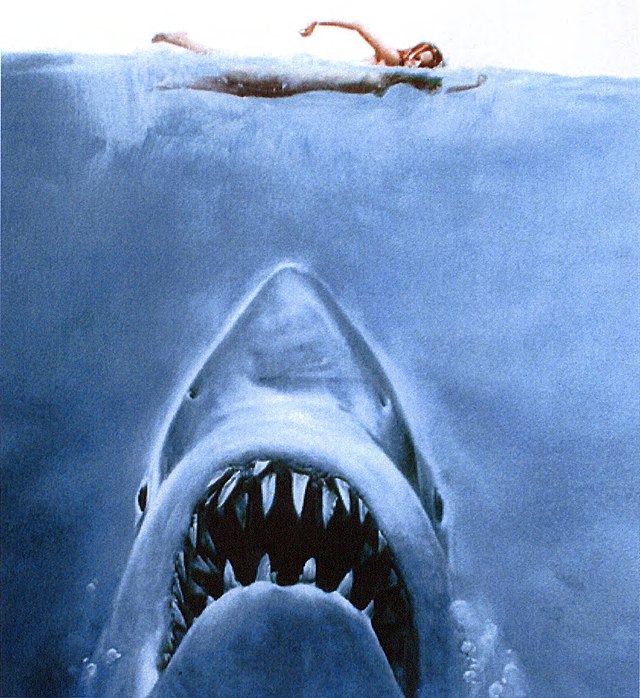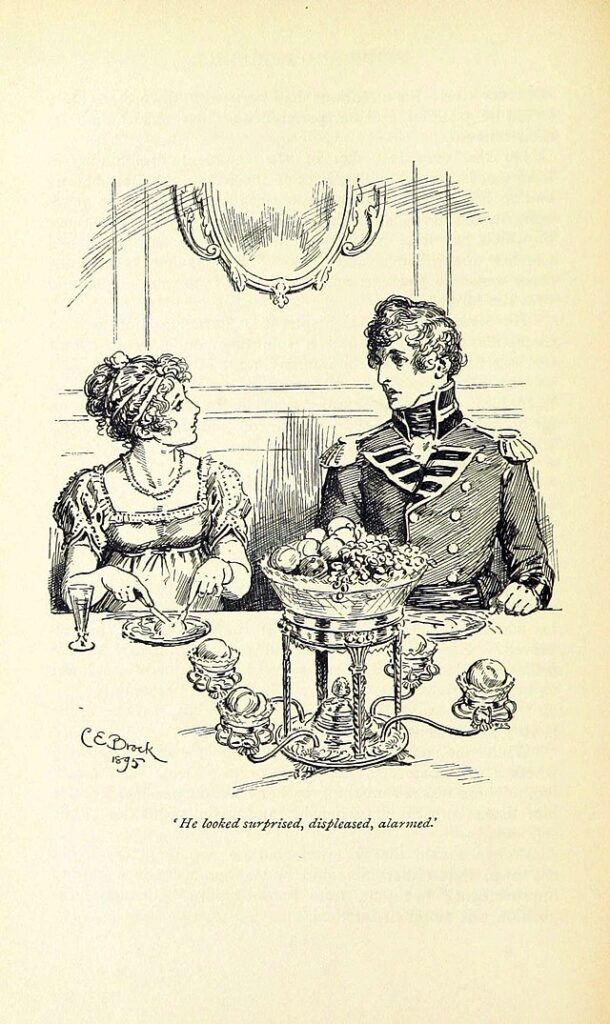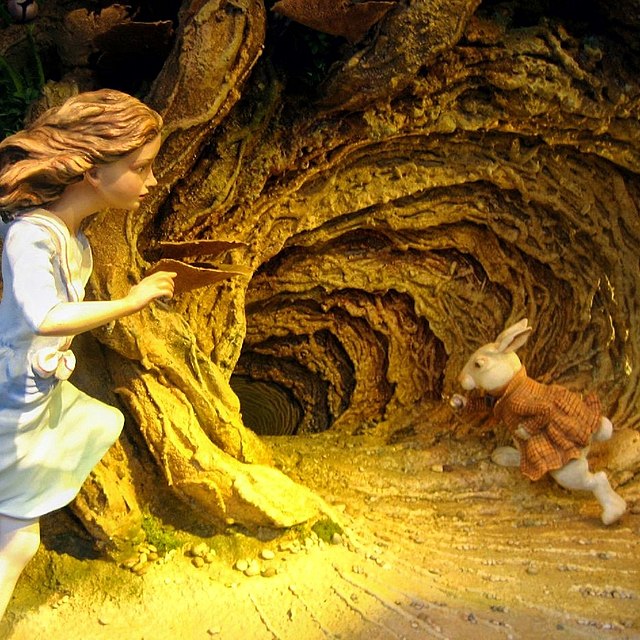What Came First, the Chicken or the Egg?

Bear With Me!
Okay, this is probably a weird analogy but this is how my (bird-brained!) mind works. So, in terms of the title question, I’ve thought long and hard about this and, with my limited scientific knowledge, I’ve decided it’s the egg (yes, I know there’s more to this question than meets the eye, but stay with me!).
Why the egg?
Well, given that evolution can occur through genetic mutation between generations, surely the precursor species laid an egg which gave birth to the chicken species? Now, this may have happened in increments across generations, with ‘missing links’ in between, but eventually an egg was laid which hatched a modern-day chicken. Right? Or…not? All thoughts appreciated on this very important subject!
Anyway, ‘What’s this got to do with writing?’ I hear you ask. Well, it reminds me to ask myself the question: ‘What SHOULD come first – the writer’s intention, or the reader’s experience?’
Now, surely the two should be wed. Of course they should! The writer’s intention should impact the reader’s experience. Or, to put it passively, the reader’s experience should be impacted by the writer’s intention. The question reminds me to ask myself what the purpose of my scene is. Ideally, my intention when writing it should be to drive the narrative forward in order to keep my reader engaged. This can be achieved in different ways, e.g. by demonstrating a character’s want/goal/motivations in that moment (possibly contributing to the overall arc/theme) and, importantly, what’s getting in their way; a big reveal through dialogue; a win/lose battle (either literally or emotionally) and perhaps a hint of the potential consequences; a realisation expressed through interiority; an increase in tension/suspense/stakes (evidencing what the character has got to lose in this scene) etc etc etc.
But, instead, it’s very tempting to use a scene to indulge our ‘darlings’. Often, this is related to world building/setting description or character building. That’s not to say that we don’t need to include these, but should they be the whole purpose of a scene? Should we, as the writer, become so lost in our beautiful prose and descriptive prowess that we forget to think about story? About keeping our reader wanting to turn the page in their excitement to find out what happens next? In other words, is our intention to showcase (or, yes, indulge) our writerly craft or to give the reader the experience they picked the book up for in the first place? *Caveat: sometimes dwelling on our darlings isn’t a conscious intention, but more an expression of our own interests/our enjoyment in immersing ourselves in them, but either way, the impact on the reader’s experience is the same.
Another rabbit hole is the info dump. This is where you as the writer want to impart all the knowledge you have about an element of your story (e.g. backstory) in one great chunk, rather than dispersing it more organically through the narrative. Wanting to shoehorn all of your meticulously and time-consumingly sourced research can be included in this point too. Ask yourself – is the reader going to stay with me through all of this information? Or would they rather ride along with the character through their arc, experiencing what they experience, feeling what they feel?
A good trick I’ve heard to avoid your well-intentioned ‘darling dumps’ is to imagine removing the scene and asking yourself, does this make a difference to the development of my A plot? I’ve also read that it’s a good idea to think of each scene as a mini-story within the bigger story. Does it have a beginning, middle and end? Does the scene elicit questions/provoke characters to make decisions/display their consequences? Is the ending actually a new beginning, creating more questions for the character and/or reader (Duh…duh…duh…!)?
Experience
I think I have a tendency, like a lot of writers, to use my opening to ‘write myself into the story’. I need to get better at checking what the purpose of my opening is. I’ve recently started a new novel which begins with a bus journey. Is this scene necessary? Or should I just start when the character reaches their destination, where the story really begins? Why didn’t I just do this in the first place? Well, I wanted to explore/describe my character and demonstrate their ‘status quo’ life at the beginning of the novel. But couldn’t I have done this through a more ‘active’ scene? I’ll have a play around and see what’s possible.
It’s often said that writers should write their story (or part of it depending on how/when you edit), then just delete the first chapter altogether. Is the narrative actually impacted? If not, you were right to ‘kill that darling’, as painful as it might be, because at the end of the day, the reader experience should come first. *I never actually advocate full deletion – try cutting and pasting into a new document instead. You never know when you might be able to use sections from it elsewhere!
Final Thoughts
What came first, the chicken or the egg?!
What is your intention as a writer? This could be in a specific scene or across a whole novel.
What do you want your reader experience to be in that scene/novel?
Do you have any tips for evoking a rich reader experience?
Structuring Scenes
How to craft scenes with purpose
I watched another excellent webinar recently. The content was helpful as both a planning tool and as an editing tool. Scene structure mimics story structure, but on a…
On The Honest Authors’ podcast, Gillian McAllister once mentioned that she was asked, “Do you really think that?” about something controversial she’d written in one of her novels….


